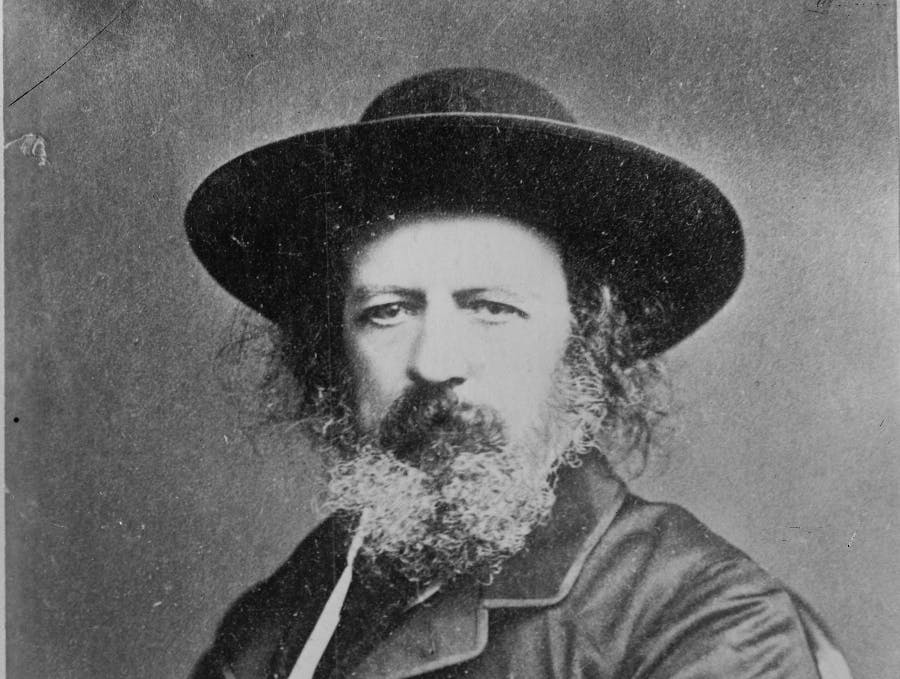
Can Trump ‘Nationalize’ Elections?
By THE NEW YORK SUN
|This nearly perfect work, a stately and sane poem in the pentameter of modern blank verse, concerns the personal: How shall we age? How shall we die? By seeking one last great thing, Tennyson’s Ulysses declares.

Already have a subscription? Sign in to continue reading
$0.01/day for 60 days
Cancel anytime
By continuing you agree to our Privacy Policy and Terms of Service.
By BRADLEY CORTRIGHT
|